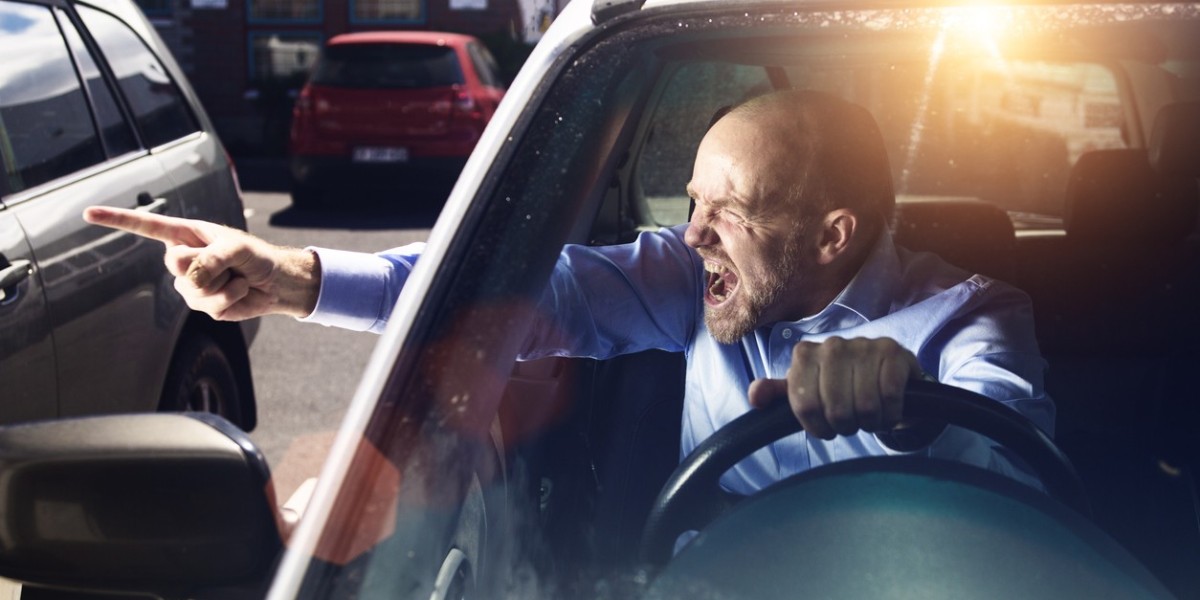Speeding is one of the most frequent motoring offences in the UK, with thousands of drivers caught each year. The consequences can range from fines to penalty points on your license, and in serious cases, even a driving ban. Understanding the legal framework and knowing your rights is essential if you find yourself accused of speeding. In this article, we’ll explore the ins and outs of speeding offences and how Motoring Defence can provide expert legal assistance. If you're facing charges, their motoring offences lawyers are ready to help you navigate the process.
Why Is Speeding So Common?
Speeding is such a common offence in the UK because it can happen almost unintentionally. With variable speed limits, speed cameras, and an increasing number of traffic enforcement measures, many drivers don’t even realize they’ve exceeded the limit until they receive a notice in the post.
Here are some typical reasons drivers might find themselves speeding:
• Misjudging Speed Limits: Especially in areas with frequent changes in speed limits, like motorways and city centers.
• Inattention: Momentary distractions can lead to drivers going over the limit without realizing it.
• Rushed Driving: Being late for an appointment or caught in traffic can tempt drivers to break the speed limit.
No matter the reason, speeding is still considered a criminal offence, and the penalties can be severe. If you’re facing prosecution, contacting experienced motoring offences lawyers like those at Motoring Defence is essential for protecting your driving record.
What Are the Penalties for Speeding?
The penalties for speeding in the UK can vary depending on how much over the limit you were driving and whether it’s a repeat offence. The typical consequences include:
• Fines: You can be fined up to £1,000 (or £2,500 if speeding on a motorway).
• Penalty Points: Drivers can receive between 3 and 6 points on their license.
• Driving Ban: In extreme cases, or for repeat offenders, a ban ranging from a few weeks to several months can be imposed.
The severity of the penalty will depend on how far over the limit you were driving. Minor infractions may result in a lower fine, while more significant breaches could lead to a court summons. If you're summoned to court, it’s critical to seek legal advice from motoring offences lawyers to avoid the worst consequences.
Can You Defend Against a Speeding Charge?
Many drivers assume that once they’ve been caught speeding, there’s nothing they can do. However, there are various defences available, depending on the circumstances of the offence. Some potential defences include:
• Incorrect Speed Camera Calibration: Speed cameras must be regularly maintained and calibrated. If there’s an error, the reading might be invalid.
• Emergency Situations: If you were speeding due to a medical emergency or other urgent situation, you may be able to defend your actions.
• Misidentification of the Driver: Sometimes the registered keeper of the vehicle isn’t the person driving at the time of the offence, which can lead to false accusations.
At Motoring Defence, their team of motoring offences lawyers has a deep understanding of these types of defences. They will examine every aspect of your case to determine if any procedural errors were made, or if you have a valid defence.
What to Do if You Receive a Speeding Notice?
If you receive a Notice of Intended Prosecution (NIP) for speeding, it’s important to respond promptly. The NIP will inform you of the alleged offence and provide you with options, such as accepting the fixed penalty or attending a speed awareness course (for minor offences).
If you believe the charge is unfair, or you’re facing more serious penalties like a court appearance or driving ban, it’s time to seek expert legal representation. Motoring Defence offers a team of dedicated motoring offences lawyers who can review your case and provide advice on whether to contest the charges or accept the penalty.
Their solicitors will help you:
1. Understand Your Rights: Know what you’re entitled to and how to defend yourself.
2. Avoid or Minimize Penalties: They can help reduce fines, penalty points, or even prevent a driving ban.
3. Challenge Speeding Charges in Court: If necessary, they can represent you in court, arguing on your behalf to get the best possible outcome.
Why Choose Motoring Defence?
Facing a speeding charge or any other motoring offence can be overwhelming. With potential fines, points on your license, or even a driving ban at stake, it’s crucial to act quickly. The motoring offences lawyers at Motoring Defence have years of experience in handling speeding cases and can offer expert legal support tailored to your situation.
• Specialized Legal Expertise: They understand the complexities of motoring law and will fight to protect your driving rights.
• Tailored Advice: Every case is unique, and they’ll provide advice that fits your specific circumstances.
• Proven Track Record: Their solicitors have successfully defended countless clients against motoring charges, achieving positive results.
Conclusion: Don’t Face Speeding Charges Alone
Speeding may be one of the most common motoring offences in the UK, but that doesn’t mean you should take it lightly. If you’re facing a speeding charge, the penalties can be serious, impacting your finances and your ability to drive.
By working with experienced motoring offences lawyers like the team at Motoring Defence, you’ll have the best chance at reducing or avoiding penalties. Whether it’s challenging a speeding fine or defending you in court, Motoring Defence is here to help you navigate the process and protect your rights as a driver.








